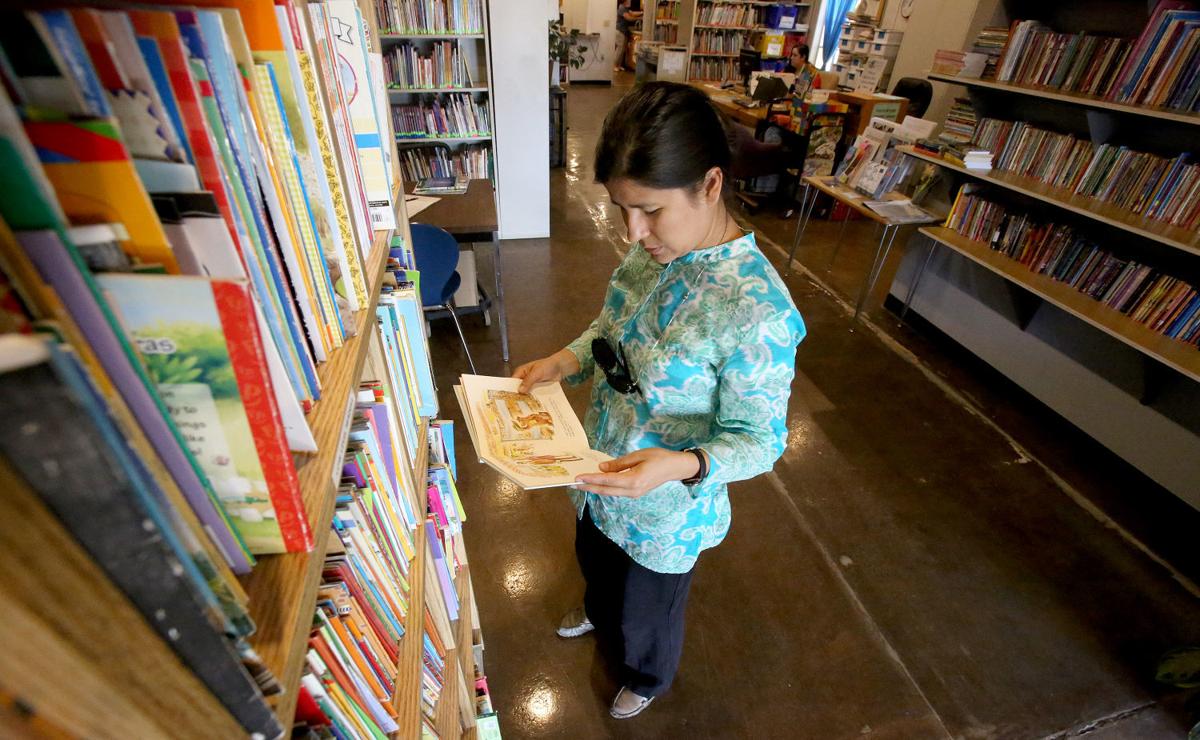Literacy Connects percolated from a 2007 regional town hall, which identified increasing literacy as the best way to ensure a prosperous economy and improved quality of life for everyone.
Town hall participants were shocked by the appalling fact that only 23 percent of Americans read proficiently, says Betty Stauffer, executive director of Literacy Connects.
In Arizona, an estimated 530,000 adults read at or below a fifth-grade equivalent, according to the National Assessment of Adult Literacy.
Literacy has a direct link to economic development. Employers want a well-trained, qualified workforce. It also has an impact on everyday lives of those who must read and comprehend things like contracts, voter guides and notes from children’s teachers.
Literacy Connects emerged in July 2011 after many meetings, facilitated discussions and strategic planning sessions about the best way to offer quality literacy services. Five organizations merged: Literacy Volunteers of Tucson, Reading Seed, Reach Out and Read Southern Arizona, Literacy for Life Coalition and Stories That Soar.
Make Way for Books, an early childhood literacy nonprofit that helps prepare children for first grade, chose not to be part of the merger. Its programs complement Literacy Connects’ efforts, Stauffer says.
“It was hard to get people out of silos,” Stauffer says.
Facilitators helped Literacy Connects integrate the programs and the management team. The purchase and rehab of a building at 200 E. Yavapai Road, east of North Stone Avenue between Prince and Fort Lowell roads, completes the integration process by bringing all of the programs under the same roof.
Literacy connects has 28 employees; some are part-time, Stauffer says. The nonprofit’s operating budget is about $1.8 million, with funding coming from individual donations, businesses, foundations and community organizations, such as the Arizona Daily Star-sponsored Tucson Festival of Books.
From July 1, 2017, through June 30, 2018, about 1,130 Literacy Connects volunteers helped 55,000 children and adults in the Tucson-area improve their literacy skills, Stauffer said in a Sept. 13 guest opinion in the Star.
Its programs include:
- Reading Seed places trained, volunteer reading coaches into high-need schools to work with elementary school students who are reading below grade level
- From July 1, 2017, through June 30, 2018, about 1,600 reluctant readers in kindergarten through fifth grade worked one on one with a coach and each received a book weekly to take home for independent reading. Reading skills improved by an average rate of 30 percent faster than if they had not had a coach, Stauffer said.
- Reach Out and Read Southern Arizona: About 60 area pediatric and family practice clinics give a free, new, developmentally and culturally appropriate book at well-baby checkups through age 5. Physicians instructions often include a chat with parents about the importance of reading to their children. Reach Out and Read is a national program and in Southern Arizona it partners with pediatric health care providers in Cochise, Pima and Santa Cruz counties, and the Tohono O’odham and Pascua Yaqui nations.
- Stories that Soar! turns stories and poetry written by children into performances. Kids see that their words and ideas have meaning and they engage in a collaborative process.
- English Language Acquisition for Adults helps adult students from more than 40 countries with varying educational levels, from college graduates to those who do not read and write in their native language, learn English.
- Adult Basic Literacy helps adult learners improve reading, writing and math skills.





